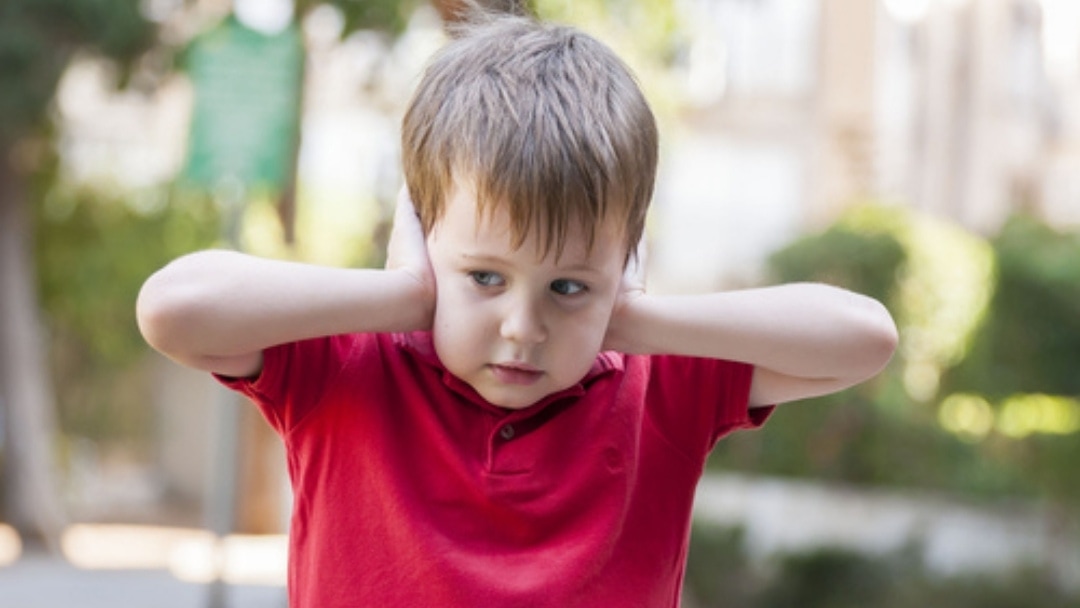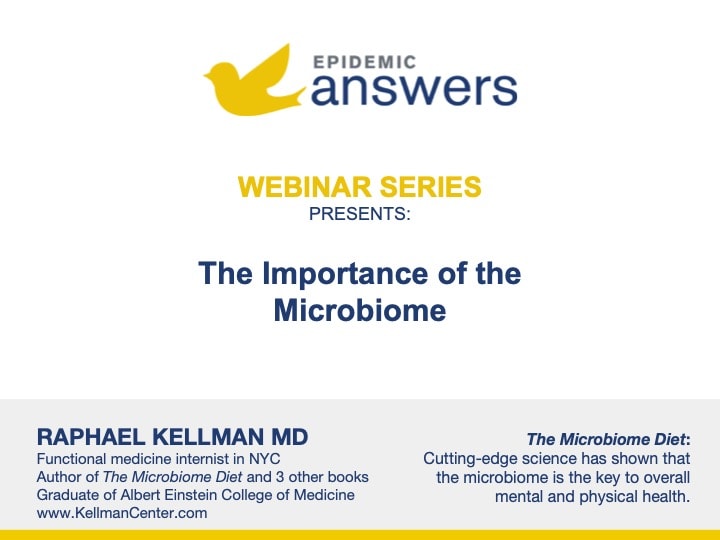We interviewed Jim Adams PhD of the Autism/Asperger’s Research Program at Arizona State University (ASU) about fecal transplants and the gut microbiome. His program at ASU is conducting a research study about “Microbiota Transplant Therapy for Children with Autism Spectrum Disorder (ASD) who have Gastrointestinal Disorders”.
Researchers have known for a while that an unhealthy gut can lead to an unhealthy brain. In fact, certain types of infant gut bacteria such as Clostridiales and Bacteroides are associated with higher risk of poorer communication, social and emotional skills, as well as poorer fine motor skills.
What’s even more interesting is that colonization with gut microbiota from a child with autism is sufficient to induce hallmark autistic behaviors. Given that up to 90% of people with autism suffer from gut problems, it makes sense that improving the gut microbiome may help with symptoms.
Some of the ways to create a healthier gut microbiome are:
- Taking probiotics
- Changing the diet to reduce food that feeds gut pathogens
- Eating foods containing inulin to encourage growth of good gut germs
- Fecal transplants from a healthy donor
In this webinar, Jim Adams discussed his latest research that showed that symptoms of autism remain reduced nearly 50% two years after fecal transplant.
Please note that you will be asked to enter your email address at the 30-minute mark to finish viewing the video.
About Jim Adams PhD
Jim Adams of the Autism/Asperger’s Research Program at Arizona State University.
He is the father of three children, including an adult daughter with autism, and that is what led him to shift much of his research emphasis to autism, focusing on biological causes and treatments.
He is currently a President’s Professor at Arizona State University, where he conducts research on autism. He has co-authored 45 peer-reviewed medical research studies that look at toxicity, nutritional deficiencies and gastrointestinal microbiome in children with autism.
He is also:

- President, Autism Society of Greater Phoenix, 2000–present
- President and founder, Autism Nutrition Research Center, 2013-present
- Chair of Scientific Advisory Committee of the Neurological Health Foundation, 2013-present
You can find out more about his work at www.autism.asu.edu/about
Disclaimer
This webinar is not a substitute for medical advice, treatment, diagnosis, or consultation with a medical professional. It is intended for general informational purposes only and should not be relied on to make determinations related to treatment of a medical condition. Epidemic Answers has not verified and does not guaranty the accuracy of the information provided in this webinar.
Still Looking for Answers?
Visit the Epidemic Answers Practitioner Directory to find a practitioner near you.
Join us inside our online membership community for parents, Healing Together, where you’ll find even more healing resources, expert guidance, and a community to support you every step of your child’s healing journey.
Sources & References
Adams, J.B., et al. Comprehensive Nutritional and Dietary Intervention for Autism Spectrum Disorder-A Randomized, Controlled 12-Month Trial. Nutrients. 2018 Mar 17;10(3).
Adams, J.B., et al. Effect of a vitamin/mineral supplement on children and adults with autism. BMC Pediatr. 2011;11:111.
Adams, J.B., et al. Mercury in first-cut baby hair of children with autism versus typically-developing children. Toxicological & Environmental Chemistry. 2007 Jun;70(12):1046-51.
Adams, J.B., et al. Mercury, Lead, and Zinc in Baby Teeth of Children with Autism Versus Controls. Journal of Toxicology and Environmental Health. 2007 Jun;70(12):1046-51.
Adams, J.B., et al. Nutritional and metabolic status of children with autism vs. neurotypical children, and the association with autism severity. Nutr Metab (Lond). 2011 Jun 8;8(1):34.
Kang, D.W., et al. Microbiota Transfer Therapy alters gut ecosystem and improves gastrointestinal and autism symptoms: an open-label study. Microbiome. 2017 Jan 23;5(1):10.
Kang, D.W., et al. Long-term benefit of Microbiota Transfer Therapy on autism symptoms and gut microbiota. Scientific Reports. 9, 5821 (2019).
Korpela, K., et al. Maternal Fecal Microbiota Transplantation in Cesarean-Born Infants Rapidly Restores Normal Gut Microbial Development: A Proof-of-Concept Study. Cell, 2020.
Resources
Articles
Autism: More than hope; non-verbal 19-year-old says “mama” after FMT and shows corrected microbiome. Trial Site News, October 23, 2022.



